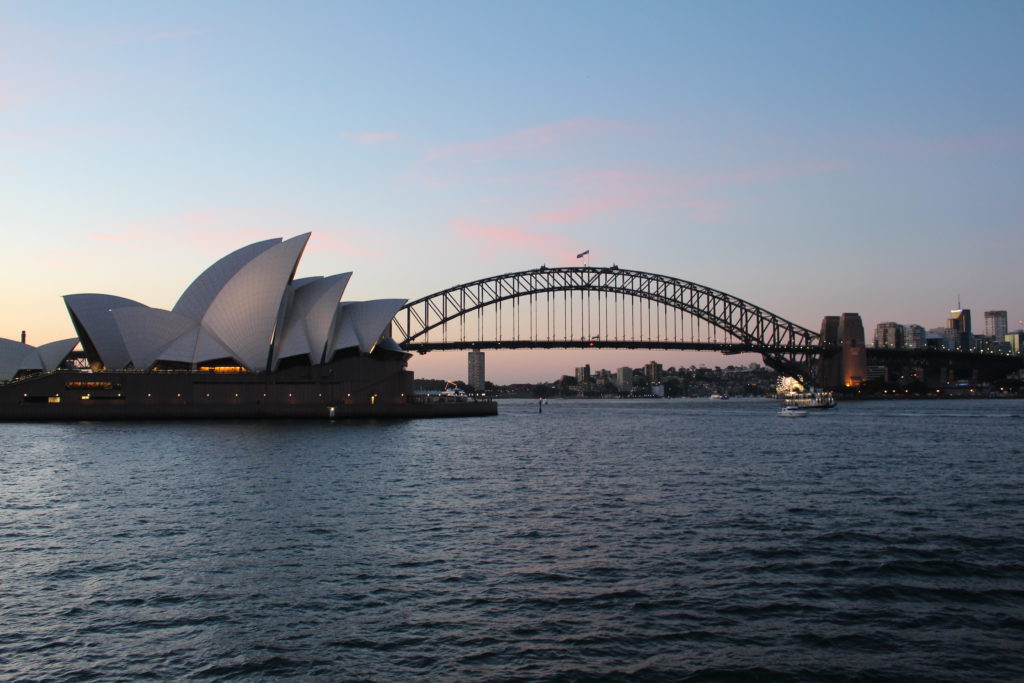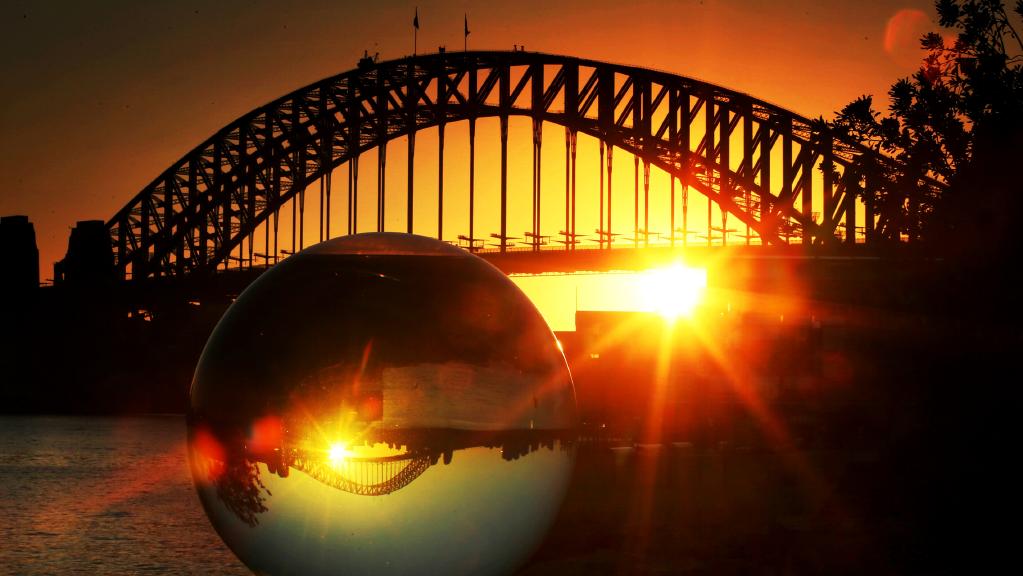 Modern medicine can be a truly amazing thing, extending and in sometimes outright saving the lives of people who would otherwise meet untimely ends. For one man who lived some 2,000 years ago, doctors arrived many centuries too late, but his remains have gotten plenty of attention from medical experts anyway.
Modern medicine can be a truly amazing thing, extending and in sometimes outright saving the lives of people who would otherwise meet untimely ends. For one man who lived some 2,000 years ago, doctors arrived many centuries too late, but his remains have gotten plenty of attention from medical experts anyway.
The man’s body, long mummified and found in an Egyptian tomb, was recently given a full CT scan at Crouse Hospital in Syracuse, New York, in the hopes of shining some light on how the individual died. Remarkably, doctors were actually able to diagnose the long-dead man — who has been nicknamed “Hen” — and explain the circumstances of his demise. As it turns out, he fell victim to an ailment that still plagues us today: cancer.




